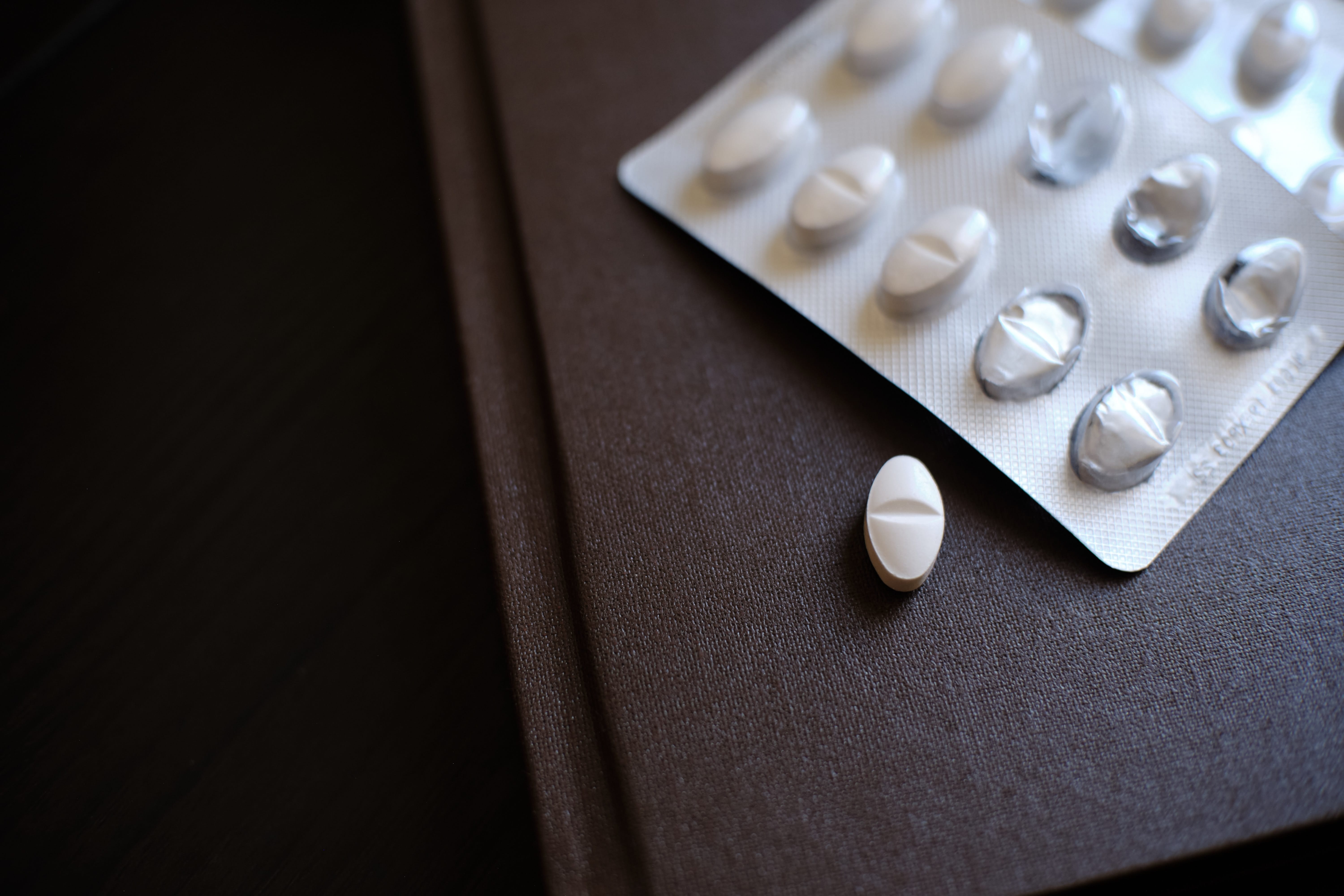Maine signs into law opioid licensing fee and establishes under anti-addiction programs.
A new Maine law will charge a fee to opioid manufacturers when doing business in the state. The law has been put into place as part of a statewide initiative to hold drug makers accountable for the devastating opioid use disorder (OUD) crisis. Moving forward, Maine will collect information from the opioid manufacturers and use the fees collected to help pay for treatment and recovery programs. Senate President Troy Jackson, a Democrat, proposed the change, and it became law without the signature of Governor Janet Mills who has made battling the crisis a prominent piece of her platform.
The licensing fee is $55,000. The law also includes a product registration fee of $250,000 that applies to the largest of the opioid manufacturers that sell two million or more doses in the state. The law officially takes effect 90 days after the Maine Legislature adjourns in April. Jackson said the law change is “about holding companies accountable and making sure they’re the ones paying for treatment and recovery programs.”

One piece of litigation newly appointed Attorney General Aaron Frey is paying close attention to is Maine’s lawsuit against Purdue Pharma, the manufacturer of OxyContin, which accuses the company of deceptive marketing practices that fueled the state’s crisis. The lawsuit is still pending. Frey announced the lawsuit in June 2019, indicating, “Of the 2,206 opioid overdose deaths in Maine between 2007 and 2018, which include deaths involving heroin and nonprescription fentanyl, 1,321 were caused by prescription opioids. Of those deaths, 482 were caused by oxycodone.”
Frey said that he expects there will be a “global settlement.” He added, “I am trying to ensure that any distribution is based on the intensity of the epidemic, not just population. Any distribution must recognize the harm this epidemic has caused in Maine. The settlement should not just be restitution [reimbursing the state for its spending on treatment] but also look at ways to abate the crisis…I expect it will come into the state in a way similar to the tobacco settlement [in the late 1990s], but unlike that money, it will not get spent on other things like roads and broadband expansion.”
Maine also recently received over $5 million in federal funds through a five-year grant as one of ten states selected by the Centers for Medicare and Medicaid Services to participate in the Maternal Opioid Misuse model. The program was created to improve care for pregnant and postpartum women with Opioid Use Disorder and their children. The Maine DHHS Office of MaineCare Services will work with six care delivery partners: MaineGeneral Medical Center, MaineHealth, Mid Coast-Parkview Hospital, Northern Light Health, Penobscot Community Health Care, and Pines Health Services.
“This award will bolster our aggressive response to the opioid crisis under the leadership of Governor Mills,” said Maine Department of Health and Human Services Commissioner Jeanne Lambrew. “Ensuring the health and wellbeing of mothers, children and families affected by opioid use disorder is key to our success. Under this model we can target compassionate, effective support from before birth all the way through infants’ crucial first year of life. We’re proud to work with our care partners throughout the state on this initiative.”
Sources:
Proposal to make opioid makers pay for treatment becomes law
In 1st Year As Attorney General, Aaron Frey Has Had To Decide When Maine Opposes Trump


Join the conversation!